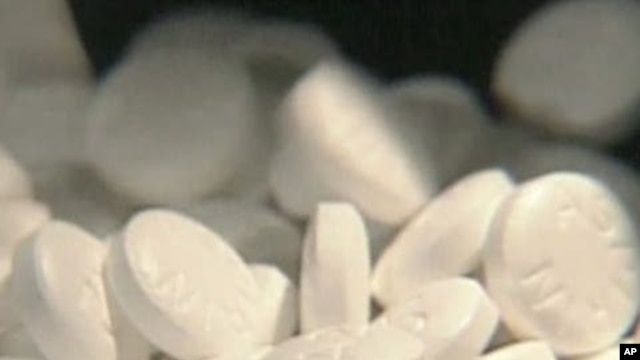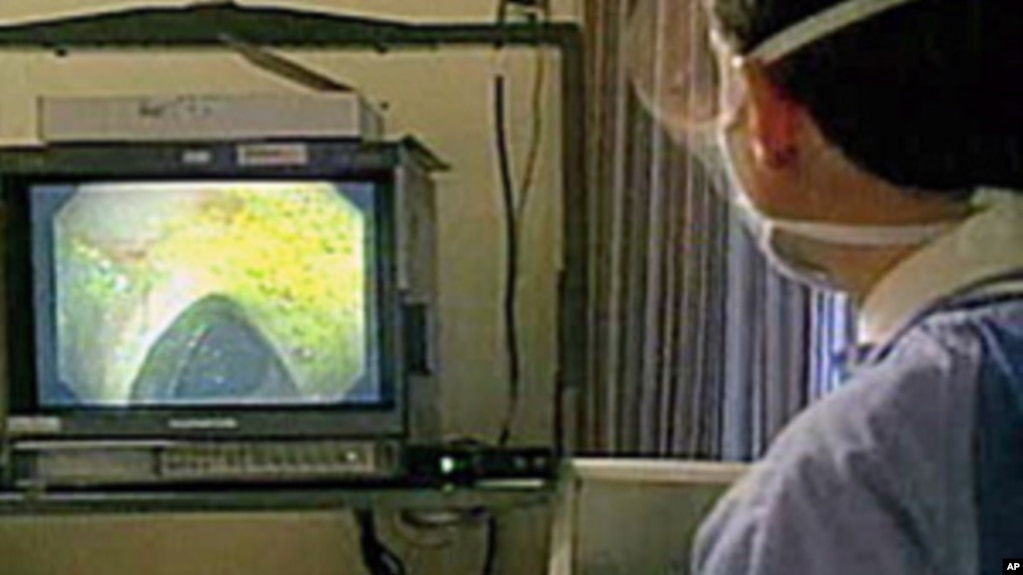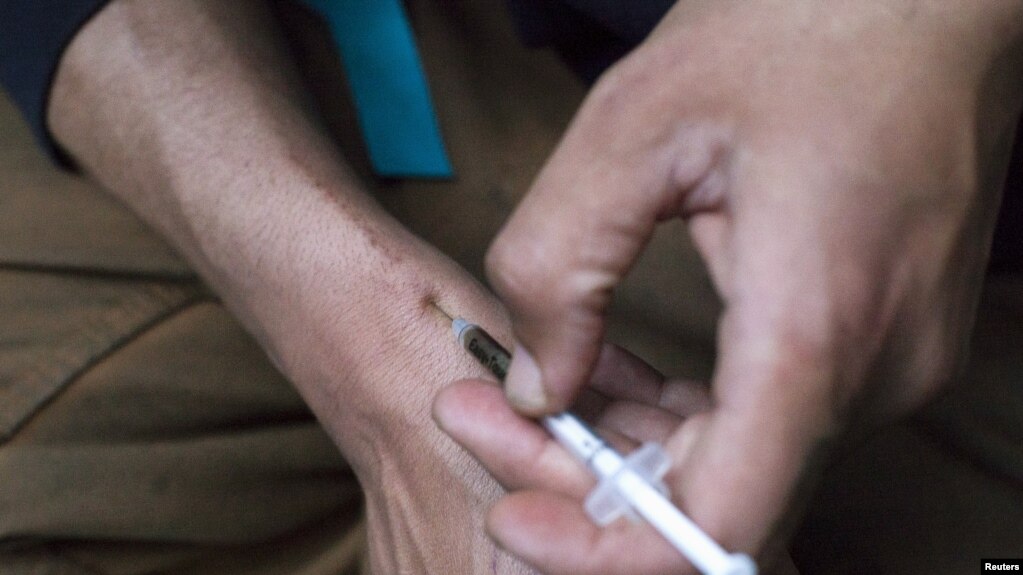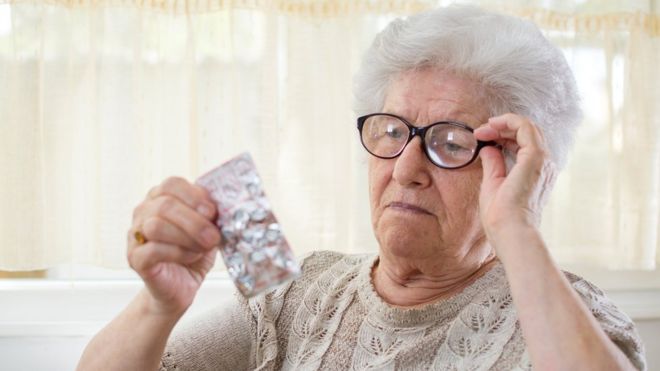Delta4Embassy
Gold Member
http://medicalxpress.com/news/2015-11-breakdown-product-aspirin-blocks-cell.html
"A new study finds that a component of aspirin binds to an enzyme called GAPDH, which is believed to play a major role in neurodegenerative diseases, including Alzheimer's, Parkinson's and Huntington's diseases.
Researchers at the Boyce Thompson Institute and John Hopkins University discovered that salicylic acid, the primary breakdown product of aspirin, binds to GAPDH, thereby stopping it from moving into a cell's nucleus, where it can trigger the cell's death. The study, which appears in the journal PLOS ONE, also suggests that derivatives of salicylic acid may hold promise for treating multiple neurodegenerative diseases.
...
The anti-Parkinson's drug deprenyl blocks GAPDH's entry into the nucleus and the resulting cell death. The researchers discovered that salicylic acid also is effective at stopping GAPDH from moving into the nucleus, thus preventing the cell from dying.
Furthermore, they found that a natural derivative of salicylic acid from the Chinese medical herb licorice and a lab-synthesized derivative bind to GAPDH more tightly than salicylic acid. Both are more effective than salicylic acid at blocking GAPDH's movement into the nucleus and the resulting cell death."
Note, Red Vines isn't licorice.
"A new study finds that a component of aspirin binds to an enzyme called GAPDH, which is believed to play a major role in neurodegenerative diseases, including Alzheimer's, Parkinson's and Huntington's diseases.
Researchers at the Boyce Thompson Institute and John Hopkins University discovered that salicylic acid, the primary breakdown product of aspirin, binds to GAPDH, thereby stopping it from moving into a cell's nucleus, where it can trigger the cell's death. The study, which appears in the journal PLOS ONE, also suggests that derivatives of salicylic acid may hold promise for treating multiple neurodegenerative diseases.
...
The anti-Parkinson's drug deprenyl blocks GAPDH's entry into the nucleus and the resulting cell death. The researchers discovered that salicylic acid also is effective at stopping GAPDH from moving into the nucleus, thus preventing the cell from dying.
Furthermore, they found that a natural derivative of salicylic acid from the Chinese medical herb licorice and a lab-synthesized derivative bind to GAPDH more tightly than salicylic acid. Both are more effective than salicylic acid at blocking GAPDH's movement into the nucleus and the resulting cell death."
Note, Red Vines isn't licorice.





